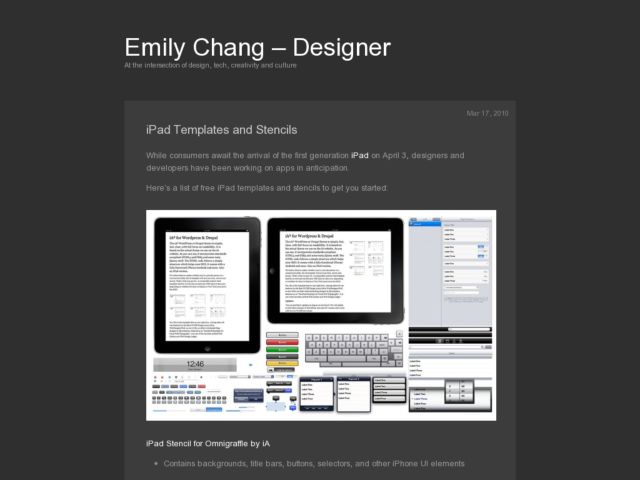Roberto Verganti's article in HBR, "User-Centered Innovation Is Not Sustainable," discusses how focussing on what user's say they want isn't a strategy for innovation. Not news to you, but his take looks at what that means regarding innovation from a sustainability perspective. I found it thought-provoking in other ways as well. The main idea is this. Forward-looking designers and business or policy decision makers may have a greater role and influence regarding designing sustainability products than customers.
The article tells the story of the Toyota Prius, which emerged during a time when the SUV reigned supreme in the US, and customer desire reflected that interest more than any desire for small cars that had less of an impact on the environment. The proposal to produce that innovation came from a vision that started within company.
Verganti believes that decision makers "need to step back from current dominant needs and behaviors and envision new scenarios. They need to propose new unsolicited products and services that are both attractive, sustainable, and profitable." It's an interesting story from many perspectives, with environmental impact being only one.
To dumb the discussion down a little, because I feel more comfortable with my smaller ideas, I'll tell you a silly story from my youth. When I was a teenager, I used to hang out occasionally at this record shop to pick up vinyl. I, like countless male Filipinos in NJ could mix and would DJ now and then. This guy who owned the record shop, his name was Spike, would play whatever new stuff had come in that he thought I would want to play, or I would ask him if he had stuff that I wanted. He knew tracks that I would hum to him after hearing them in the city clubs I'd go to. He was like the reference librarian of the DJs to me.
In those needle drop sessions we would chat about what we had played and what the reaction was. One day I remember asking him what he did when people would ask for something he would refuse to play. As you can imagine, as a teenage boy, it's hard to ignore girls who come up to ask you to play something for them. His answer was this. "You play them what you decide they need to hear, not what they ask for. You're the dealer and they come to you because you know what's good for them." Or at least that's how I remember it. Not sure about the drug dealer analogy.
I laugh when I think about that story, mostly because it was funny. I thought, well that's what separates one type of DJ from another. But I based what I would play on that idea. A DJ is like a curator. Mixing ability is one thing, but it's nothing without taste and experience designing the vibe of the night. Or something like that.
So oddly enough, after reading this HBR article, I think back to this Spike story and think about the role of the designer and what we do with our user research. I think modeling products based on what we believe customers need to do is necessary. But somewhere in that process there's also this need to go on something else. Taste, authority, gut? It's something more like vision based on those things.
http://blogs.hbr.org/cs/2010/03/user-centered_innovation_is_no.html
